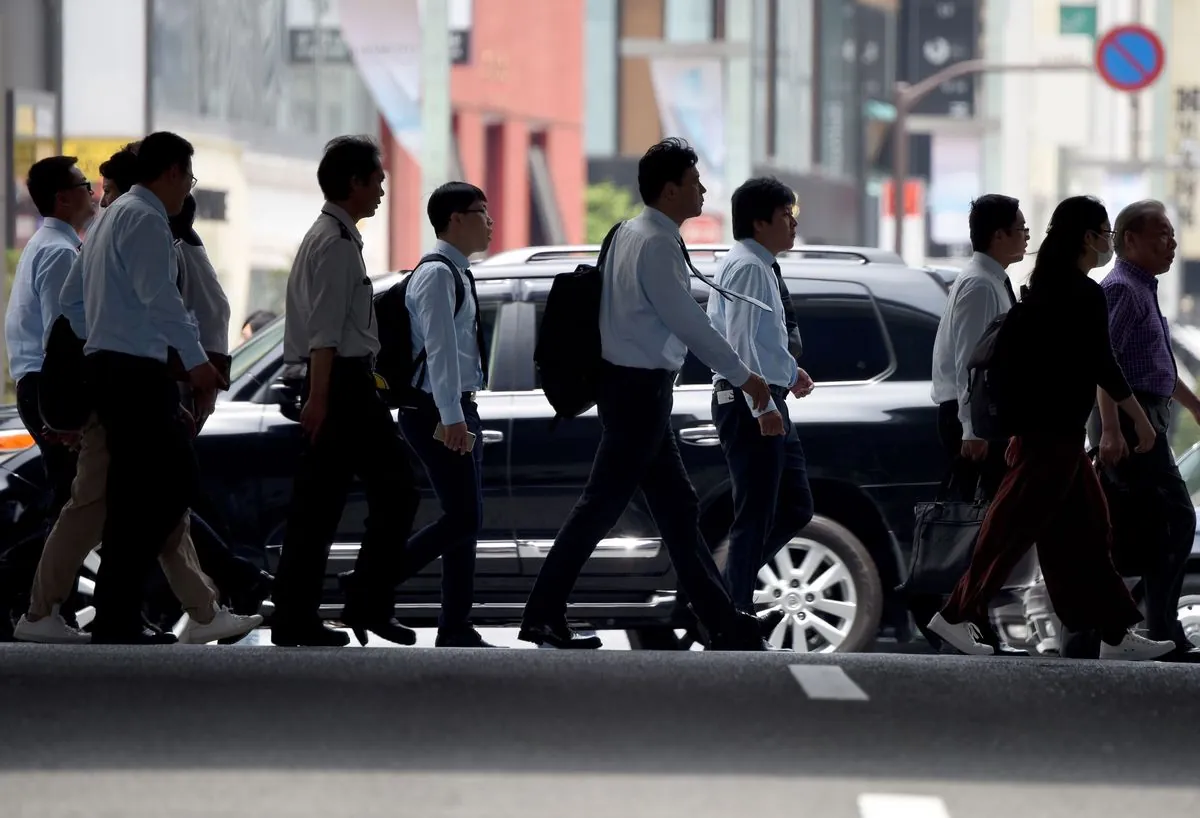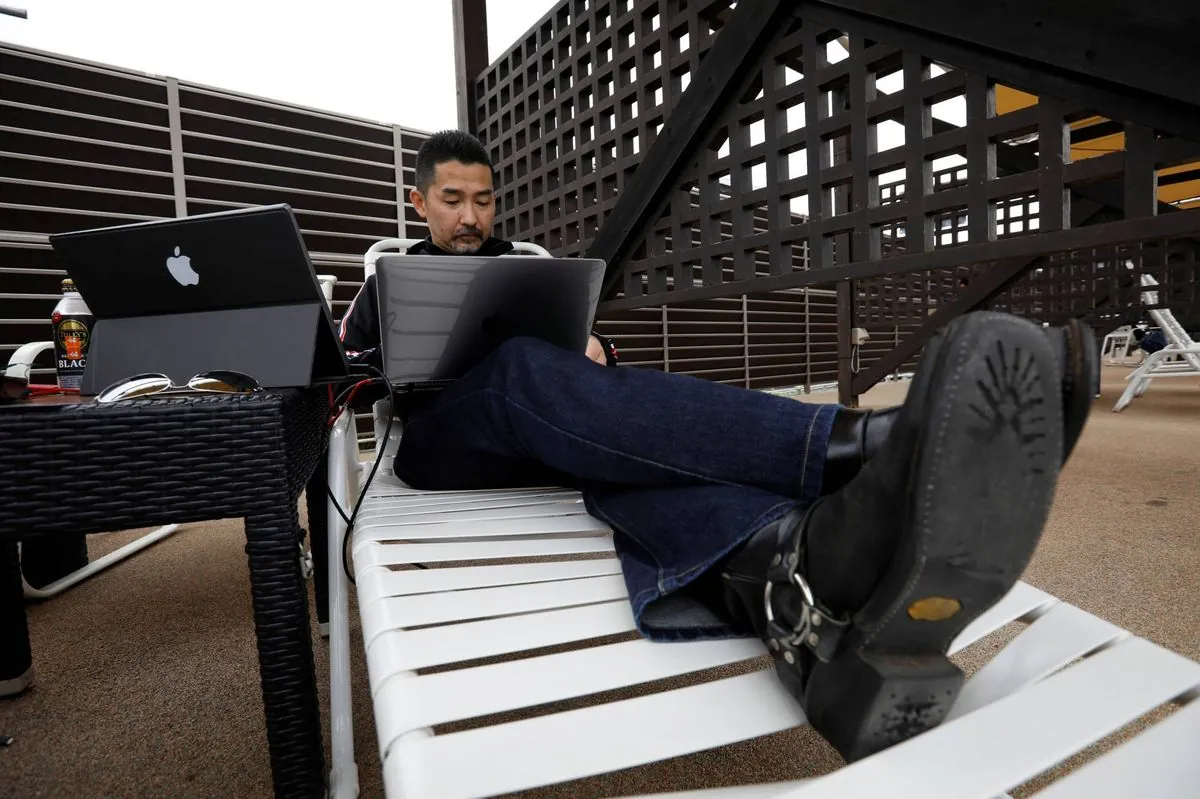Japan's Push for Four-Day Workweeks: A Cultural Shift in Progress
Japan promotes four-day workweeks to address labor shortages and improve work-life balance. Despite slow adoption, some companies embrace flexible schedules, signaling a potential shift in work culture.

In a significant departure from its traditional work culture, Japan is actively promoting four-day workweeks to address labor shortages and enhance work-life balance. This initiative, part of the government's "work style reform" campaign, represents a notable shift in a country renowned for its intense work ethic.
The Japanese government initially endorsed the concept of shorter workweeks in 2021, aiming to create a more flexible and sustainable work environment. However, adoption has been slow, with only about 8% of companies currently allowing employees three or more days off per week, according to the Ministry of Health, Labor and Welfare.
To encourage wider acceptance, particularly among small and medium-sized businesses, the government has launched a comprehensive campaign. This initiative, known as "hatarakikata kaikaku" or "innovating how we work," offers free consulting, grants, and success stories to motivate companies. The ministry's website states, "By realizing a society in which workers can choose from a variety of working styles based on their circumstances, we aim to create a virtuous cycle of growth and distribution and enable each and every worker to have a better outlook for the future."

Despite these efforts, challenges remain. The department overseeing the new support services reports that only three companies have sought advice on implementing changes, highlighting the initiative's uphill battle. Even at Panasonic Holdings Corp., where 63,000 employees are eligible for four-day schedules, only 150 have opted for this arrangement.
This push for better work-life balance marks a significant change in Japan, a country where the concept of "karoshi" (death from overwork) exists. The nation's post-World War II economic recovery was often attributed to its hardworking ethos. However, this culture has also led to concerning issues, with government reports indicating at least 54 fatalities annually due to overwork.
"Work is a big deal here. It's not just a way to make money, although it is that, too."
The initiative is seen as crucial for maintaining a viable workforce amid Japan's declining birth rate. Projections suggest the working-age population could decrease by 40% to 45 million by 2065, down from the current 74 million.
Proponents argue that three-day weekends could encourage various groups, including parents, caregivers, and retirees, to remain in or rejoin the workforce. Akiko Yokohama, an employee at Spelldata, a Tokyo-based tech company offering four-day schedules, shares her positive experience: "It's hard when you aren't feeling well to keep going for five days in a row. The rest allows you to recover or go see the doctor. Emotionally, it's less stressful."
Several major companies, including Fast Retailing Co. (owner of Uniqlo), Shionogi & Co., Ricoh Co., and Hitachi, have recently introduced four-day workweek options. Even the finance industry is adapting, with SMBC Nikko Securities Inc. and Mizuho Financial Group offering flexible schedules.
While critics argue that four-day schedules may not reduce overall work hours, there are signs of changing attitudes. A recent Gallup survey revealed that only 6% of Japanese respondents described themselves as engaged at work, significantly lower than the global average of 23%.
Kanako Ogino, president of NS Group, emphasizes the importance of flexible hours in the service industry. Her company offers 30 different scheduling patterns to its 4,000 employees, recognizing the evolving needs of the workforce.
As Japan continues to grapple with its deeply ingrained work culture, the push for four-day workweeks represents a potential turning point. While progress may be slow, it signals a growing recognition of the need for balance between work and personal life in modern Japanese society.


































